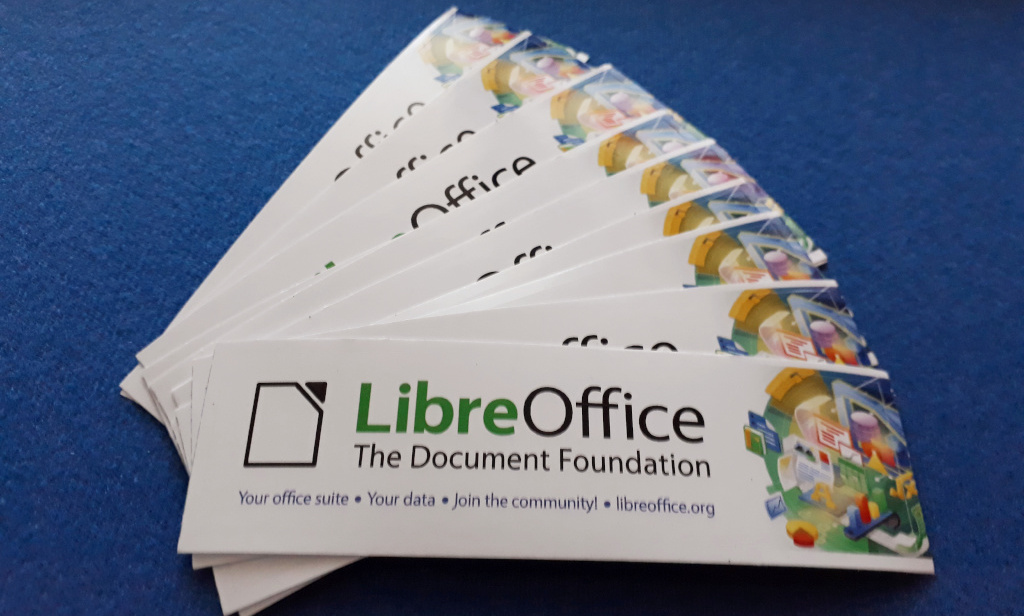Table of Contents
Introduction:
When it comes to choosing an operating system for everyday desktop use, Linux stands out as a compelling option. Offering a range of benefits, Linux has gained popularity among tech enthusiasts and everyday users alike. In this article, we will highlight ten reasons why Linux is the best choice for an everyday desktop operating system.
- Customizability: Linux provides unparalleled customization options. Users can tailor their desktop environment, choosing from a variety of desktop environments like GNOME, KDE, or Xfce, to suit their preferences. This flexibility allows for a personalized and efficient user experience.
- Stability and Reliability: Linux has a reputation for stability and reliability. It is known for its robust architecture, which leads to fewer crashes and system failures. Updates and security patches are regularly released, ensuring a secure and stable computing environment.
- Open Source Nature: Being open-source, Linux offers transparency and fosters a collaborative community. Developers worldwide contribute to its growth, resulting in constant improvements, enhanced security, and innovative features. Moreover, the open-source nature of Linux promotes software freedom and fosters a vibrant ecosystem of free and open-source applications.
- Security: Linux has built a strong reputation for security. With a smaller user base compared to other operating systems, it is less targeted by malware and viruses. Additionally, Linux benefits from a dedicated community that promptly addresses security vulnerabilities, providing quick updates and patches.
- Software Repository and Package Management: Linux distributions provide centralized software repositories and package management systems. Users can easily install, update, and remove software using package managers such as apt, dnf, or pacman. These repositories offer a vast selection of free and open-source software, covering a wide range of applications and utilities.
- Compatibility and Hardware Support: Linux has significantly improved its hardware support over the years. Most hardware components, including graphics cards, printers, and Wi-Fi adapters, are well-supported by the Linux kernel. This ensures seamless compatibility and functionality with a wide range of devices.
- Performance: Linux is known for its efficient resource management, resulting in better performance on both older and newer hardware. Its lightweight nature and ability to run on minimal system requirements make it an ideal choice for maximizing performance, particularly on older machines.
- Multitasking and Stability: Linux offers excellent multitasking capabilities. The operating system manages system resources effectively, allowing users to run multiple applications simultaneously without experiencing significant performance degradation. This feature, combined with its stability, makes Linux an excellent choice for productivity and multitasking.
- Community and Support: The Linux community is renowned for its helpfulness and knowledge sharing. With vast online resources, forums, and communities, users can easily find solutions to issues or seek guidance. Linux enthusiasts are always willing to assist, making it easier for newcomers to get started and troubleshoot any problems they may encounter.
- Cost and Licensing: One of the most significant advantages of Linux is its cost-effectiveness. Linux distributions are typically free to download and use, which significantly reduces software costs. Moreover, the open-source nature of Linux allows users to modify and redistribute the software as per their needs, offering flexibility in licensing.
Linux shines as an exceptional choice for an everyday desktop operating system due to its customizability, stability, security, and open-source nature. Its performance, compatibility, and vast software repositories make it an ideal platform for both casual users and tech enthusiasts. With a vibrant community and continuous development, Linux remains a compelling option for those seeking a powerful and reliable computing experience.
The Rise of AI-Enhanced Operating Systems: Linux and Beyond
In recent years, artificial intelligence (AI) has seamlessly woven itself into the fabric of technol…
LibreOffice 7.6.2 and 7.5.7 Updates Released to Tackle Critical WebP Vulnerability
The Document Foundation has rolled out two security updates for its widely-used LibreOffice open-sou…
Why Linux Mint Could Be the Best Linux Distro
In the bustling world of Linux distributions, Linux Mint has emerged as a shining star, captivating …


